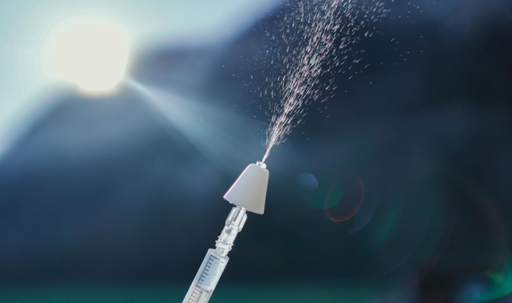Lack of transparency of EU's n...
Lack of transparency of EU's n...
3/3
#Canada #Science #PublicHealth
2/3
#Canada #Science #PublicHealth
https://rasmussenretorts.substack.com/p/release-the-ostriches-grippe
#Canada #PublicHealth
1/3
https://rasmussenretorts.substack.com/p/release-the-ostriches-grippe
"Hundreds of #PublicHealth workers and their allies, flanked by photographers shading their eyes from the glare of the afternoon sun, marched from the National Mall toward #HHS headquarters at the Hubert H. Humphrey Building on Wednesday. Their mission: Demand HHS Secretary Robert F. Kennedy Jr.'s resignation."
“We are filling the gap between what public assistance covers and what people actually need to survive,” said Suzanna Fritzberg, the project’s executive director. “When you resource families without strings attached, children grow up healthier.”
#healthcare #PublicHealth #ReproHealth #pregnancy #MaternalHealth #InfantMortality #ChildrensHealth #income #poverty #indianapolis
Intranasal vaccine against H5 avian flu provokes broad immune response in adults in phase 1 trial

Intranasal vaccine against H5 avian flu provokes broad immune response in adults in phase 1 trial - sh.itjust.works
A phase 1 randomized controlled trial of an experimental intranasal vaccine against multiple H5N1 avian flu strains generated a broad immune response in US adults, researchers reported today in Nature Communications. The findings come the same day as the Mexican Ministry of Health reported the death of a 3-year-old Durango girl from H5N1 infection, highlighting the need for prevention. Intramuscular influenza vaccines mainly trigger systemic immune responses that protect against symptomatic illness when well-matched to circulating strains. But they may be less effective at preventing person-to-person transmission than intranasal vaccines, which stimulate immunity at the infection site. For the study, University of Maryland investigators randomly assigned 40 adults aged 18 to 45 to receive either NanoVax’s adjuvanted, recombinant intranasal influenza A/H5 vaccine or a placebo from July 2022 to October 2023. Three of five groups of eight participants each received low, medium, or high doses of the clade 2.1 influenza A/H5 (A/Indonesia/05/2005) recombinant hemagglutinin glycoprotein (rH5) vaccine combined with an adjuvant; one group received 100 µg of an unadjuvanted rH5 vaccine; and one group received placebo. All participants received an intramuscular H5 booster 6 months later. Participants who received the adjuvanted vaccine had higher levels of protective antibodies (immunoglobulin [Ig] G and A), more memory immune cells, and a better ability to neutralize infected cells. Only recipients of the boosted intranasal vaccine showed strong immune priming. Even without a booster, the intranasal vaccine triggered mucosal and systemic immunity, which other intranasal recombinant H5 flu vaccines have not achieved in clinical trials. It also was safe and well-tolerated. The immune system’s ability to recognize multiple strains of H5N1 virus is key because they change over time, co-lead author Meagan Deming, MD, PhD, said in a university news release. “The use of the adjuvant also suggests this approach might allow for lower doses of the vaccine, which could make our current vaccine stocks available to more people in the event of an outbreak,” she said. Corresponding author Justin Ortiz, MD, said that global transmission of H5N1 in animals, including spillover into people, underscores the need for effective countermeasures. “This trial shows that this intranasal, shelf-stable H5N1 vaccine could play a major role in pandemic preparedness, offering a practical and scalable way to help protect people from evolving strains of the virus,” he said.






